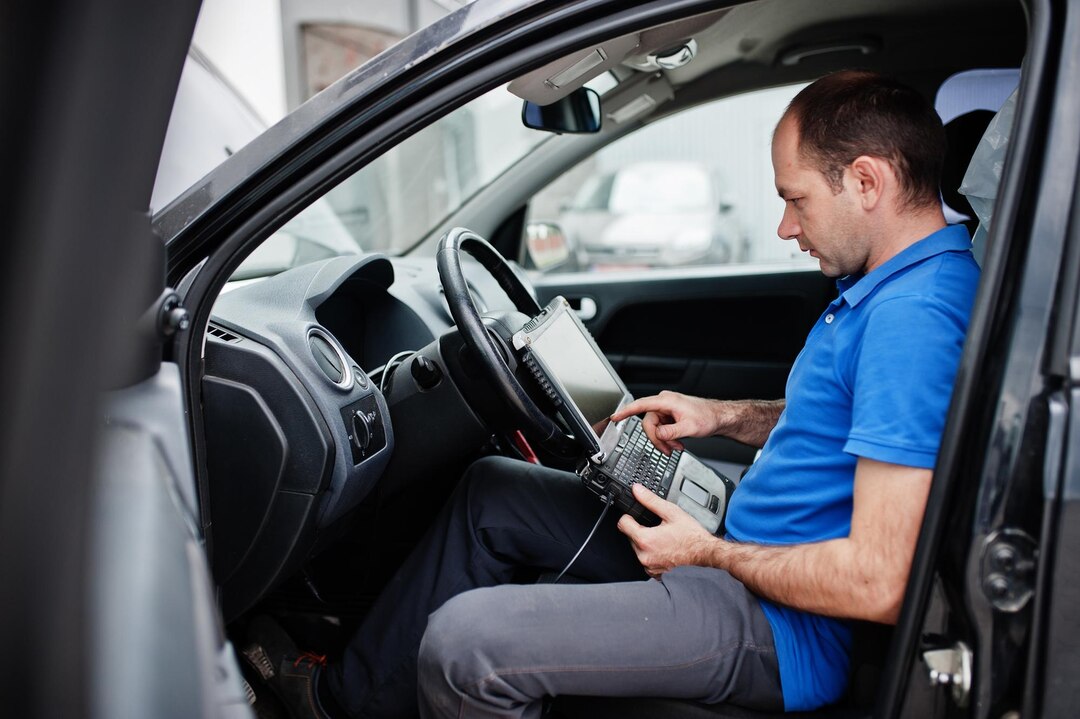The steering wheel of a car is not just a functional component; it’s also a crucial interface between the driver and the vehicle, dictating control and maneuverability. Over time, wear and tear, damage from accidents, or even desire for an aesthetic upgrade may necessitate the replacement of the steering wheel. In South Africa, where road conditions vary and vehicle maintenance is paramount for safety, understanding the process of replacing your car’s steering wheel, along with the associated timeframe and cost estimate, is vital. Here’s what you need to know:
1. Assessment and Selection:
Before replacing the steering wheel, it’s essential to assess the condition of the existing one and decide on a replacement option. This could involve choosing a similar steering wheel to the original or selecting a different design or material for an aesthetic upgrade. Consider factors such as compatibility with your vehicle’s make and model, ergonomics, and personal preferences regarding style and functionality.
2. Parts Procurement:
Once you’ve chosen a replacement steering wheel, the next step is to procure the necessary parts. Depending on the availability and sourcing of the replacement steering wheel, this process can vary in duration. Some steering wheels may be readily available from local suppliers or dealerships, while others may need to be ordered from manufacturers or specialized suppliers, which can take additional time.
3. Removal and Installation:
The replacement process itself involves removing the old steering wheel and installing the new one. This is a relatively straightforward procedure but requires careful attention to detail to ensure proper alignment and functionality. It typically involves disconnecting the battery, removing the airbag (if applicable), loosening the steering wheel bolt, disconnecting electrical connections (such as cruise control or audio controls), and finally installing the new steering wheel in its place.
4. Testing and Calibration:
Once the new steering wheel is installed, the vehicle must undergo testing and calibration to ensure everything is functioning correctly. This may involve reconnecting the battery, testing the functionality of the airbag (if applicable), and ensuring that all electrical connections are properly reconnected. Testing and calibration are essential to ensure that the new steering wheel operates smoothly and safely.
Timeframe:
The timeframe for replacing a car’s steering wheel can vary depending on several factors, including the availability of replacement parts, the complexity of the replacement process, and the workload of the servicing facility. In general, replacing a car’s steering wheel can take anywhere from a few hours to a full day, depending on the specific circumstances of the replacement.
Cost Estimate:
The cost of replacing a car’s steering wheel in South Africa can vary depending on factors such as the make and model of the vehicle, the type of steering wheel being replaced, and the labor rates of the servicing facility. As a rough estimate, replacing a standard steering wheel in South Africa can range from approximately R2000 to R6000 or more, including parts and labor. However, this cost can vary significantly depending on the specific circumstances of the replacement and any additional features or customization options chosen.
Replacing your car’s steering wheel is a significant maintenance task that can enhance both the aesthetic appeal and functionality of your vehicle. In South Africa, where road conditions and driving habits can impact vehicle components, understanding the process of steering wheel replacement, along with the associated timeframe and cost estimate, is essential for informed decision-making. By working with a reputable servicing facility and staying informed about your vehicle’s maintenance needs, you can ensure that your car’s steering wheel remains in optimal condition for safe and comfortable driving.











